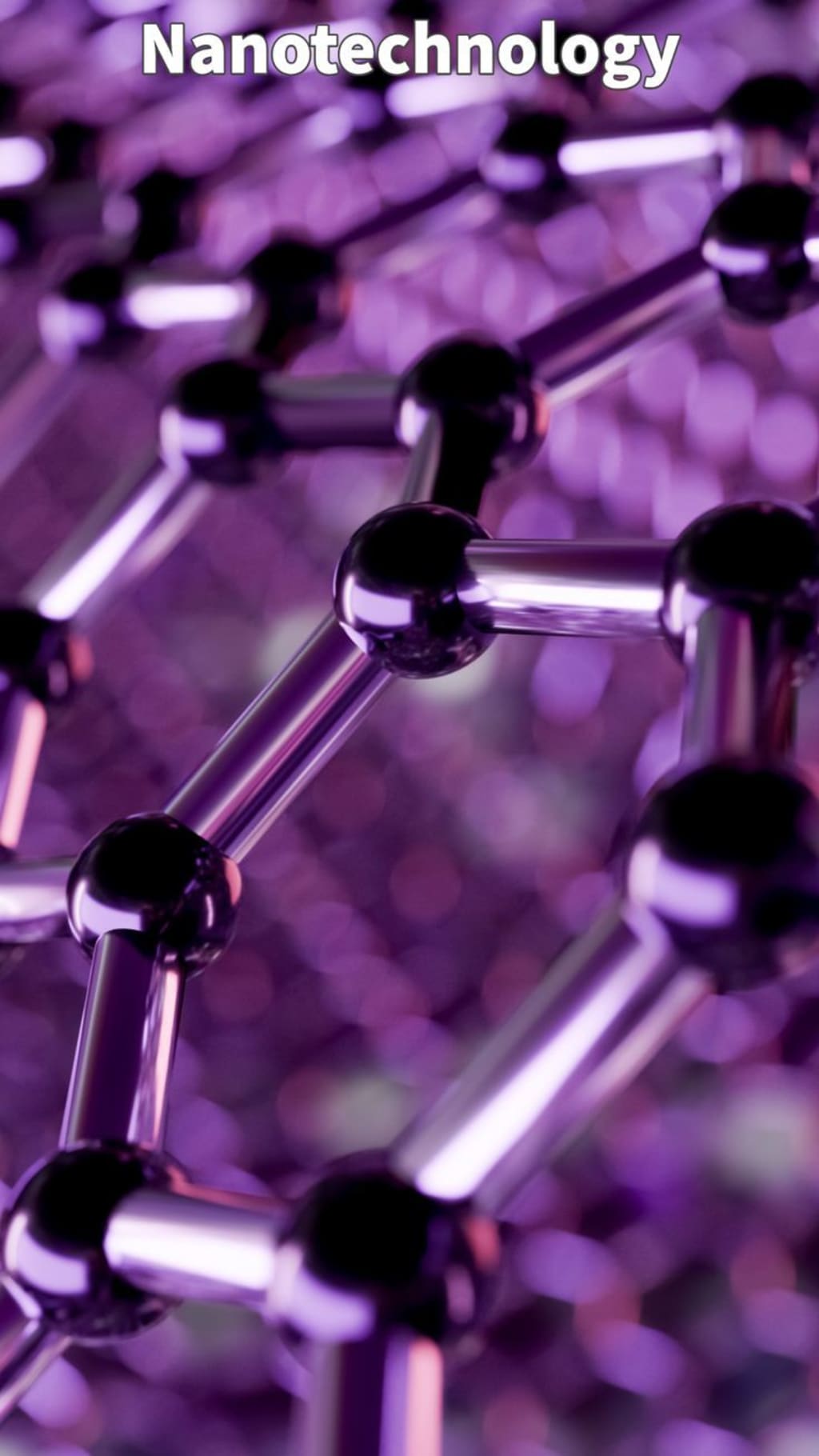The Role of Nanotechnology in Advancing Various Industries
Breakthroughs and Applications

Nanotechnology, the science of manipulating matter at the nanoscale, has rapidly emerged as a transformative field with vast potential for advancing various industries. By harnessing the unique properties exhibited by materials at the nanoscale, nanotechnology offers unprecedented opportunities for innovation and breakthroughs. This article explores the role of nanotechnology in advancing industries, highlighting key breakthroughs and applications across diverse sectors.
Enhancing Materials and Manufacturing:
Nanotechnology has revolutionized materials science and manufacturing processes, enabling the development of new materials with enhanced properties. By manipulating materials at the atomic and molecular levels, scientists can engineer materials with improved strength, durability, and conductivity. For example, nanocomposites, which combine nanoparticles with conventional materials, exhibit superior mechanical properties, making them ideal for lightweight and high-strength applications in aerospace and automotive industries.
Furthermore, nanotechnology has opened doors for precise control over manufacturing processes. Techniques such as nanolithography and self-assembly allow for the creation of nanoscale structures and patterns, facilitating the production of miniaturized and high-performance electronic devices. The integration of nanomaterials in manufacturing processes enhances energy efficiency, reduces waste, and contributes to the development of sustainable industries.
Healthcare and Biotechnology:
In healthcare and biotechnology, nanotechnology has made remarkable contributions to diagnostics, drug delivery, and regenerative medicine. Nanoscale sensors and imaging agents enable highly sensitive and specific disease detection, revolutionizing medical diagnostics. Nanoparticles and nanocarriers provide targeted drug delivery, enhancing therapeutic efficacy while minimizing side effects. Additionally, nanomaterials are used in tissue engineering and regenerative medicine applications to promote cell growth and tissue repair.
In the field of cancer treatment, nanotechnology has demonstrated significant potential. Nanoparticle-based drug delivery systems can selectively target cancer cells, delivering chemotherapy drugs directly to the tumor site while sparing healthy cells. This targeted approach improves treatment outcomes and reduces systemic toxicity.
Energy and Environmental Applications:
Nanotechnology plays a vital role in addressing energy and environmental challenges. Energy storage technologies, such as lithium-ion batteries, have benefited immensely from nanomaterials, enabling higher energy density and longer battery life. Nanomaterials also enhance the efficiency of solar cells, making renewable energy more viable and affordable.
Moreover, nanotechnology offers innovative solutions for environmental remediation and pollution control. Nanoscale catalysts can facilitate efficient and cost-effective pollutant degradation, water purification, and air filtration. Nanomaterials are also employed in energy-efficient lighting systems, such as light-emitting diodes (LEDs), contributing to reduced energy consumption and carbon emissions.
Electronics and Information Technology:
Nanotechnology has had a profound impact on the electronics and information technology sectors. The continued miniaturization of electronic components has been made possible by nanoscale manufacturing techniques. Nanoscale transistors, for instance, enable faster and more energy-efficient electronic devices.
Furthermore, nanophotonics and plasmonics leverage nanoscale structures to manipulate light at the nanoscale, enabling advancements in optical computing, ultrafast data transfer, and high-resolution imaging. Nanotechnology also enhances the performance of displays, sensors, and memory devices, fueling innovation in the consumer electronics industry.
Future Prospects and Conclusion:
The future of nanotechnology holds immense promise for further advancements across industries. Ongoing research focuses on nanomedicine, nanoelectronics, nanorobotics, and nanosensors, among other fields. As nanotechnology continues to evolve, the development of novel materials, devices, and systems will drive innovation, efficiency, and sustainability.
However, it is crucial to consider the ethical, social, and environmental implications of nanotechnology. Responsible development and regulation are essential to






Comments
There are no comments for this story
Be the first to respond and start the conversation.